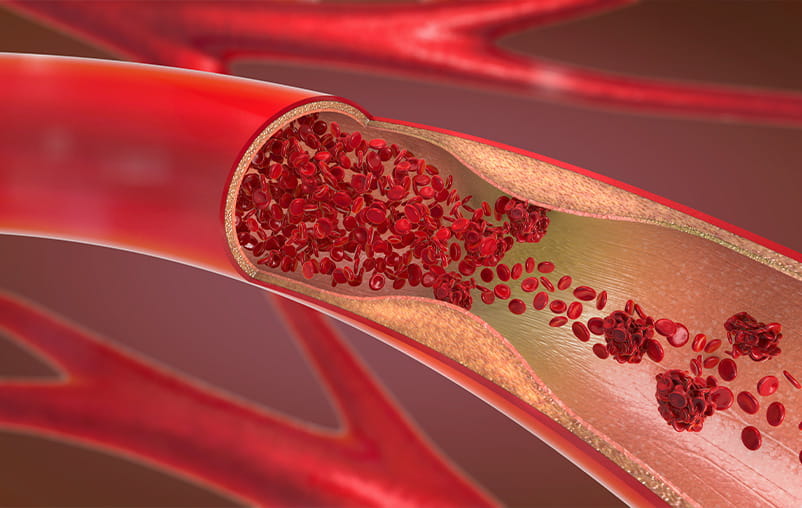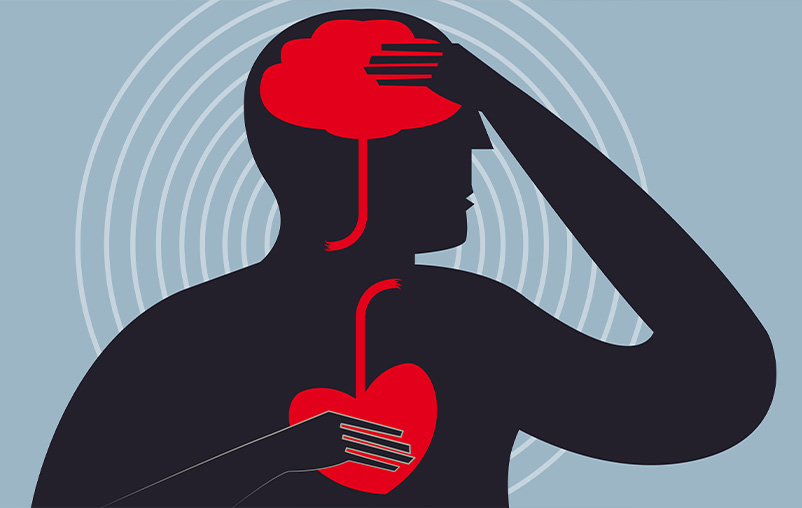Atrial fibrillation (AFib) is a condition where the heart beats irregularly. Until recently, doctors didn’t think AFib required treatment because it’s not life-threatening.
But recent research has shown that people with untreated AFib have a higher risk of:
- Dementia
- Heart failure
- Stroke
- Early death
Treating Atrial Fibrillation (AFib)
Studies have shown that treating AFib reduces the risk of:
- Enlargement of the heart
- Blood clots
- Hospitalization
- Mortality
Atrial Fibrillation (AFib) Treatment Options
Two treatment options that can help patients maintain a regular heartbeat are:
- Antiarrhythmic medication
- Catheter ablation
Each treatment comes with benefits and risks. The heart team at University Health can help patients decide which option is best for their circumstances and overall health.
Antiarrhythmic Medication for Atrial Fibrillation
Dr. Alejandro Velasco De La Cuesta is a cardiac electrophysiologist at University Health. Cardiac electrophysiologists specialize in the electric activity of the heart.
“Antiarrhythmic drugs are daily medication for patients who don’t want catheter ablation,” Velasco says.
Antiarrhythmic medications have a 70% success rate at preventing AFib symptoms or arrhythmia recurrence. “These medications tend to work well, but they can have side effects,” Velasco says. “Some people find them hard to take for many years.”
Catheter Ablation for Atrial Fibrillation
Catheter ablation is a medical procedure and most times has a higher success rate than antiarrhythmic medication.
During this minimally invasive procedure, the patient undergoes general anesthesia. The cardiac electrophysiologist accesses the heart with a catheter inserted through the groin.
The electrophysiologist creates a map of the heart to find areas that trigger AFib. Then they use heat to treat those areas to prevent the heart from going back into AFib. The heart team at University Hospital uses minimal or no radiation. This is safer for the patient and for hospital staff. Recovery time is short and patients go home next day and sometimes same day of the procedure.
“New data shows that ablation prevents the heart from remodeling in the wrong way,” Velasco says. “When the heart is in atrial fibrillation for a long time, it becomes enlarged. The longer in atrial fibrillation, the more difficult for the patient to get out of atrial fibrillation because their heart gets used to beating irregularly.”
Atrial Fibrillation Research at University Health
The heart team at University Health is researching better ways to treat atrial fibrillation. Learn more about heart care and clinical trials at University Health.




